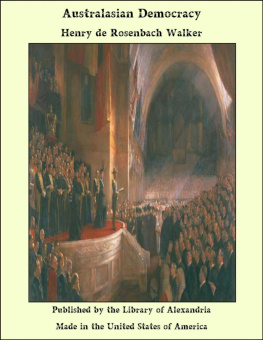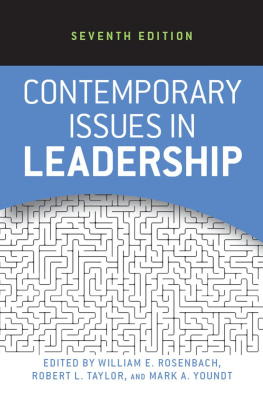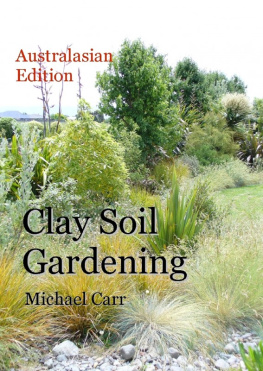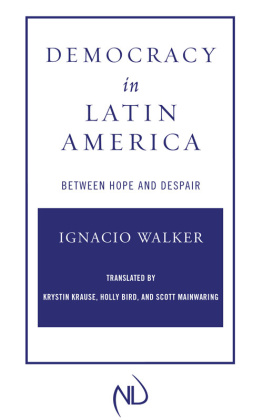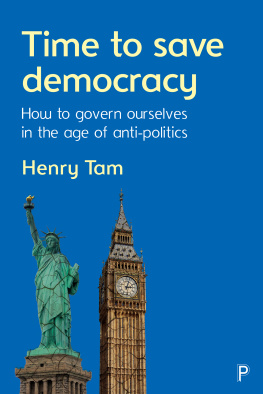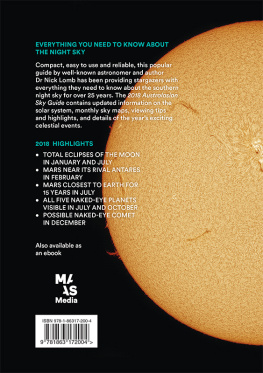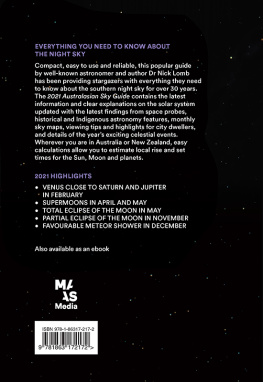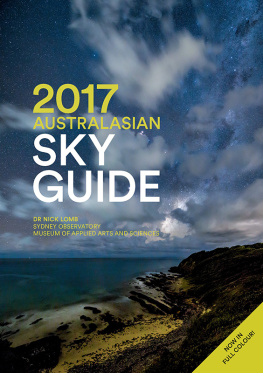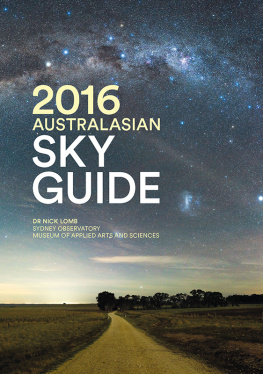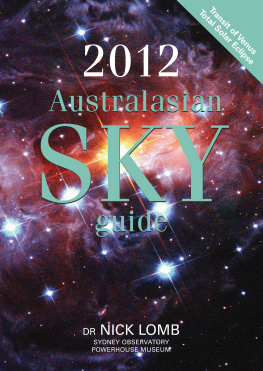Henry de Rosenbach Walker - Australasian Democracy
Here you can read online Henry de Rosenbach Walker - Australasian Democracy full text of the book (entire story) in english for free. Download pdf and epub, get meaning, cover and reviews about this ebook. year: 2021, publisher: Library of Alexandria, genre: Politics. Description of the work, (preface) as well as reviews are available. Best literature library LitArk.com created for fans of good reading and offers a wide selection of genres:
Romance novel
Science fiction
Adventure
Detective
Science
History
Home and family
Prose
Art
Politics
Computer
Non-fiction
Religion
Business
Children
Humor
Choose a favorite category and find really read worthwhile books. Enjoy immersion in the world of imagination, feel the emotions of the characters or learn something new for yourself, make an fascinating discovery.
- Book:Australasian Democracy
- Author:
- Publisher:Library of Alexandria
- Genre:
- Year:2021
- Rating:3 / 5
- Favourites:Add to favourites
- Your mark:
- 60
- 1
- 2
- 3
- 4
- 5
Australasian Democracy: summary, description and annotation
We offer to read an annotation, description, summary or preface (depends on what the author of the book "Australasian Democracy" wrote himself). If you haven't found the necessary information about the book — write in the comments, we will try to find it.
Australasian Democracy — read online for free the complete book (whole text) full work
Below is the text of the book, divided by pages. System saving the place of the last page read, allows you to conveniently read the book "Australasian Democracy" online for free, without having to search again every time where you left off. Put a bookmark, and you can go to the page where you finished reading at any time.
Font size:
Interval:
Bookmark:
T. FISHER UNWIN
PATERNOSTER SQUARE
MDCCCXCVII
23, CORK STREET, W.,
July 25, 1897.
| I. | PAGE |
| Contrast between Western Australia and the Eastern ProvincesThe Constitution of South AustraliaThe alliance between Liberalism and LabourJoint action in the face of financial depression: Village Settlements, Progressive Taxation, the direct encouragement of productionThe advocacy of an Elective ExecutiveThe State and Religious Instruction | 1 |
II. | |
| The necessity for safeguards against financial extravagance and political pressureThe Crown Lands ActThe appointment of independent Railway CommissionersThe Standing Committee on Public WorksThe Public Service BoardThe unemployed, their numbers and treatmentThe democratisation of the constitutionThe Labour Party, its history, successes and aspirations | 34 |
III. | |
| The agitation of Central and Northern Queensland for separation from the SouthThe "Kanaka" trafficWhite and coloured labour on the plantationsThe Sugar Works Guarantee ActThe irregularity of employment in the sugar and pastoral industriesThe conditions and opinions of the shearersAssistance to dairymen and producers of frozen meatThe Labour Party, its history and prospectsCriticisms of the GovernmentThe principles of State action | 54 |
IV. | |
| Differences of conditions between Australia and New ZealandThe Public Works policyTaxation on landThe Land Act of 1892The Land for Settlements ActsThe Government Advances to Settlers ActsThe encouragement of settlementThe co-operative construction of Public WorksThe unemployedContinuity of policy | 82 |
V. | |
| Comparisons between the Australasian Upper HousesConflicts between the two Houses in VictoriaThe proposed obviation of deadlocksThe utility of the Legislative CouncilThe antagonism between Town and CountryThe Factory Acts, their justification and provisionsState Socialism: Railways, Irrigation Works, the encouragement of Mining, Subsidies and Bonuses, State advances to SettlersThe Unemployed and the Leongatha Labour Colony | 121 |
VI. | |
| Constitutional historyThe relations of Church and StateNatural impediments to developmentThe construction of railwaysThe scarcity of waterthe promotion of the mining and other industriesThe absence of parties in Parliament | 156 |
VII. | |
| The restriction of the immigration of coloured racesBetting and lotteriesThe adoption of a modification of Hare's System of VotingConflicts between the two Houses of ParliamentFinance and TaxationLand Grant Railways | 170 |
VIII. | 184 |
IX. | 212 |
X. | |
| Indirect effects of the discovery of goldCauses of the financial crisisThe origin and extent of State SocialismThe thriftiness of the working classesLabour Representation in ParliamentParliamentary GovernmentDirect TaxationConciliation and Arbitration in Industrial disputesProtection and its corollariesThe feeling towards Great BritainGeneral conclusions | 244 |
XI. | 303 |
| 317 |
Font size:
Interval:
Bookmark:
Similar books «Australasian Democracy»
Look at similar books to Australasian Democracy. We have selected literature similar in name and meaning in the hope of providing readers with more options to find new, interesting, not yet read works.
Discussion, reviews of the book Australasian Democracy and just readers' own opinions. Leave your comments, write what you think about the work, its meaning or the main characters. Specify what exactly you liked and what you didn't like, and why you think so.

